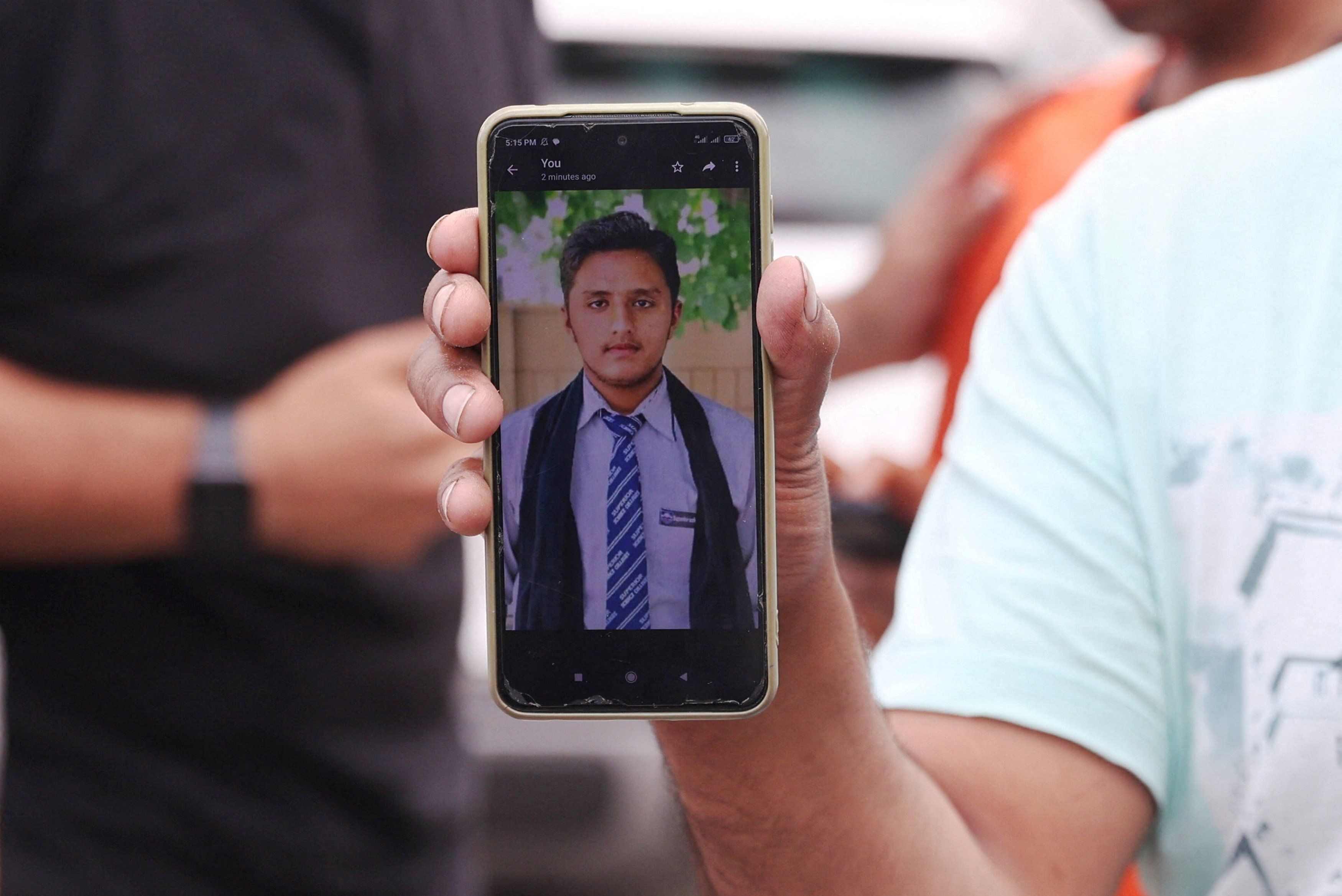Nine alleged people smugglers have been arrested in Greece after hundreds of migrants drowned last week in one of the worst migrant tragedies in Europe in over a decade. The men, all Egyptian nationals, appeared in court Tuesday, while a handful of others were reportedly also arrested in Pakistan, where most of the victims came from.
So far, 81 bodies have been found, and 104 people have been rescued, but it is thought that roughly 750 were on board the rickety fishing boat when it capsized on June 14, having departed Libya bound for Italy.
But there is still much that remains unclear about the series of events. And the Greek Coast Guard, for its part, has come under fire for continuously changing its story, first saying that it was rebuffed when it tried to help the boat and then claiming that there weren’t signs the vessel was in distress for some time. (New reporting, however, suggests that the boat was stuck for seven hours before it sank.)
Right-leaning Greek PM Kyriakos Mitsotakis blamed the smugglers, stopping short of criticizing the Coast Guard. Mitsotakis, for his part, has called his approach to migration “tough but fair,” but he stands accused of overseeing a policy of boat “pushbacks” deemed illegal by international law.
Still, why change if this has been working for him? Mitsotakis’ conservative New Democracy Party reaped 40% of the vote in last month’s general election (second place reaped 20%) and is hoping for an even bigger win when Greeks head to the polls this Sunday for a second round. We’ll be watching to see whether Mitsotakis clinches a parliamentary majority.
